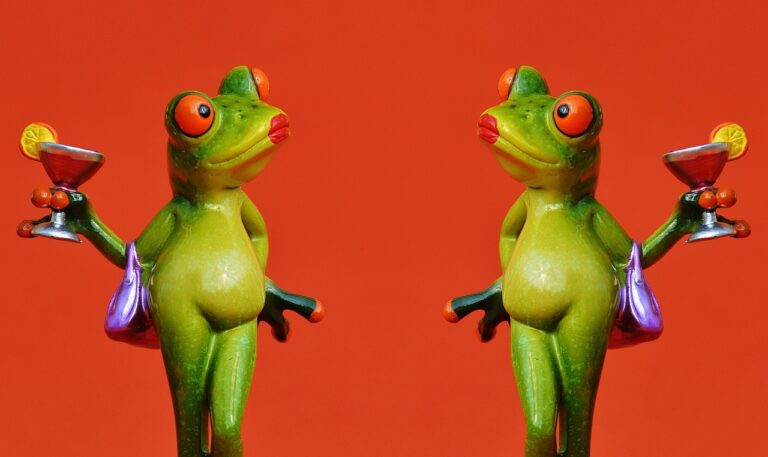Opera and Disability Representation: Accessible Performances and Inclusive Practices
cricket bet 99, sky11, reddy anna online book id: Opera and Disability Representation: Accessible Performances and Inclusive Practices
Opera is a beautiful art form that has the power to move and inspire audiences. However, one issue that has often been overlooked in the opera world is disability representation. In recent years, there has been a growing awareness of the need for more accessible performances and inclusive practices in opera in order to ensure that everyone has the opportunity to experience this incredible art form.
Creating accessible performances starts with ensuring that opera houses are physically accessible to individuals with disabilities. This can include providing wheelchair ramps, designated seating areas, and accessible restroom facilities. In addition, opera houses can offer sign language interpretation, audio descriptions, and other accommodations for audience members who are deaf or blind.
Inclusive practices also extend to the casting and portrayal of characters with disabilities on stage. It is important for opera companies to cast actors with disabilities in roles that accurately represent their experiences. This not only creates a more authentic and diverse portrayal of characters, but also provides opportunities for actors with disabilities to showcase their talent on stage.
Moreover, opera companies can work with organizations that support individuals with disabilities to ensure that their productions are inclusive and welcoming to all audience members. By collaborating with these organizations, opera houses can gain valuable insights and feedback on how to improve accessibility and representation in their performances.
Frequently Asked Questions:
Q: How can opera houses improve accessibility for individuals with disabilities?
A: Opera houses can improve accessibility by providing wheelchair ramps, designated seating areas, sign language interpretation, audio descriptions, and other accommodations for audience members who are deaf or blind.
Q: Why is it important for opera companies to cast actors with disabilities in roles that accurately represent their experiences?
A: Casting actors with disabilities in roles that accurately represent their experiences creates a more authentic and diverse portrayal of characters on stage, and provides opportunities for actors with disabilities to showcase their talent.
Q: How can opera companies collaborate with organizations that support individuals with disabilities?
A: Opera companies can collaborate with organizations that support individuals with disabilities to gain insights and feedback on how to improve accessibility and representation in their performances.
In conclusion, opera and disability representation go hand in hand. By creating accessible performances and adopting inclusive practices, opera houses can ensure that individuals with disabilities have the opportunity to enjoy and participate in this incredible art form. It is essential for opera companies to prioritize accessibility and representation in order to create a more inclusive and diverse opera community.







